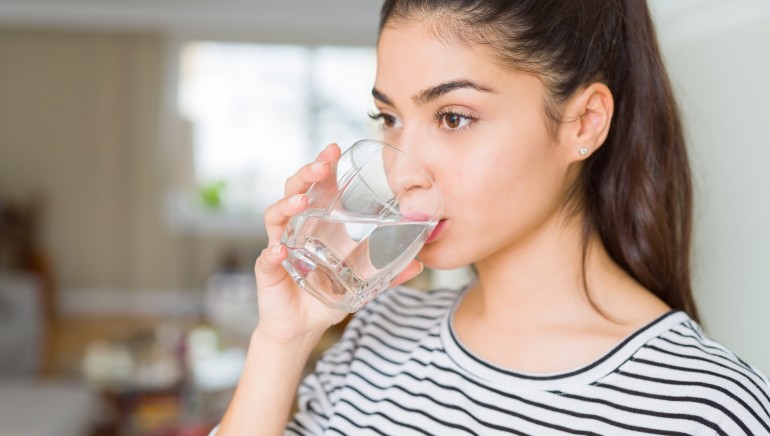
The monsoon season is also about a heightened incidence of mosquito-borne diseases, primarily dengue and malaria. It has become natural for people to assume that fever is an immediate symptom of Covid-19 amid the pandemic, but let us remind you that dengue and malaria must not be ruled out. In fact, according to a study published in the Lancet Global Health journal, a surge in the case of other viral infections is highly likely during this pandemic.
If you are diagnosed with dengue or malaria, you need to be very careful to recover completely. Your diet can significantly impact your recovery. The right food and certain lifestyle changes can help you in fast recovery and will also give you some extra relief, supporting the medication.
Celebrity nutritionist Rujuta Diwekar has suggested 5 tips which can accelerate your speedy recovery. Check out her post here:
Foods like gulkand, which is prepared using rose petals and sugar, is an excellent Ayurvedic preparation that helps you keep cool, even when the temperatures are soaring. Rujuta suggests having one teaspoon of Gulkand either first thing in the morning or as an in-between meal. She explains this will prevent acidity, nausea, and weakness.
Do you have haldi doodh every night? Well, there is not one but many reasons why you must have the age-old time-tested haldi doodh every night. Turmeric milk is known to have anti-inflammatory, antioxidants, and rejuvenating properties. Rujuta asks her followers to add one glass of milk and one glass of water. And then add a pinch of haldi, 2-3 strands of kesar, and a tiny bit of jaiphal (nutmeg). Boil it till it’s half the quantity. Have it cold or hot and add jaggery to the taste. This drink will help reduce inflammation.

Rujuta says rice kanji or pej is essentially a soup made of rice. “Add kala namak or sendha namak, a pinch of hing and ghee,” she suggests. This will help you prevent dehydration, loss of electrolytes and work on improving appetite.
Also, read: Confused if it’s Covid-19 or dengue? Here’s the difference
Select Topics of your interest and let us customize your feed.
PERSONALISE NOWStay in the Supta Badhakonasana, the Iyengar style with a bolster to support the back and a blanket under your head if needed to support the neck. This asana helps relieve backaches, body pains, and reduces fatigue, as per Rujuta.
Regular hydration is quintessential to ensure the optimum performance of every organ in the body. It becomes even more critical when water in our body is regularly drained due to perspiration caused by high temperatures. Rujuta suggests sipping on water throughout the day to restore urine volume and check that the colour is clear.

Although both malaria and dengue are mosquito-borne diseases, there are a few fundamental differences between the two.
According to the WHO, malaria is preventable and curable, though it may be difficult to trace, as the parasite can enter the body and stay dormant for a long period. As it is a febrile illness, fever-like symptoms such as the following typically manifest:
Malaria is a life-threatening disease but can be controlled and treated if diagnosed early on.

Unlike malaria, dengue is a mosquito-borne viral disease and, if not managed properly, it can lead to serious complications and possibly even death. Dengue has some common symptoms like malaria. Here are all the symptoms of dengue:
So ladies, follow Rujuta’s advice to recover faster and to get back on track ASAP.